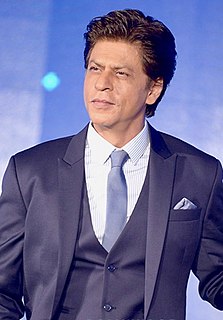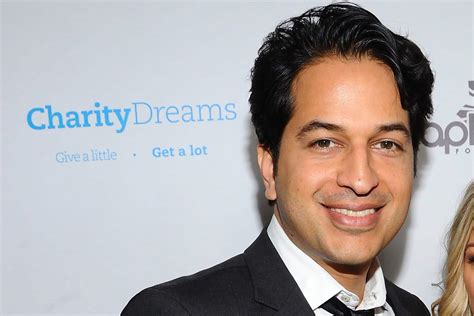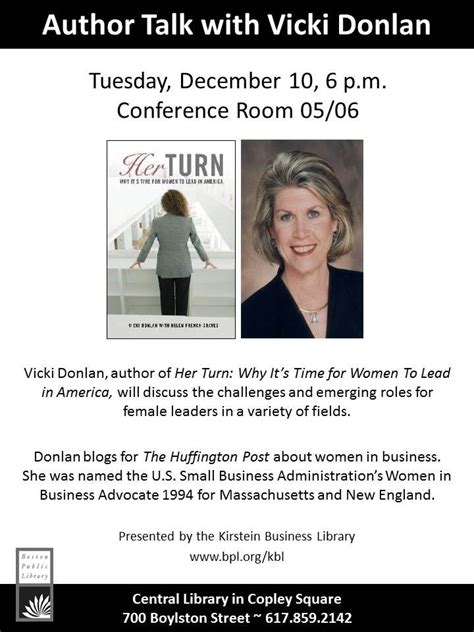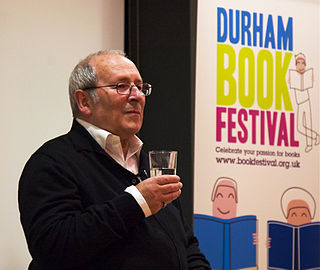A Quote by Shahrukh Khan
When will you start asking different questions? Better questions?
Related Quotes
If you don't put the spiritual and religious dimension into our political conversation, you won't be asking the really big and important question. If you don't bring in values and religion, you'll be asking superficial questions. What is life all about? What is our relationship to God? These are the important questions. What is our obligation to one another and community? If we don't ask those questions, the residual questions that we're asking aren't as interesting.
So when I say that I think we would have a different ethical level, particularly in corporate America, if there were more women involved, I mean that what women are best at is asking questions. Women ask questions over and over again. It drives men nuts. Women tend to ask the detailed questions; they want to know the answers.
Curiosity is a key building block. The more curious you are, the more creativity you will unleash. A great way to do that is to ask the three "magic questions" again and again... those questions are simply, "Why", "What if?", and "Why not?". Asking these questions constantly focused you on the possibilities and away from how things are at the moment.
If you don't understand, ask questions. If you're uncomfortable about asking questions, say you are uncomfortable about asking questions and then ask anyway. It's easy to tell when a question is coming from a good place. Then listen some more. Sometimes people just want to feel heard. Here's to possibilities of friendship and connection and understanding.
It is not a coincidence that we have managed to send rockets into space, but our literacy rate continues to be below the world average. It is because governments don't want an educated electorate. Because if we get educated, we will start asking the right questions. And they don't want the right questions being asked.




































